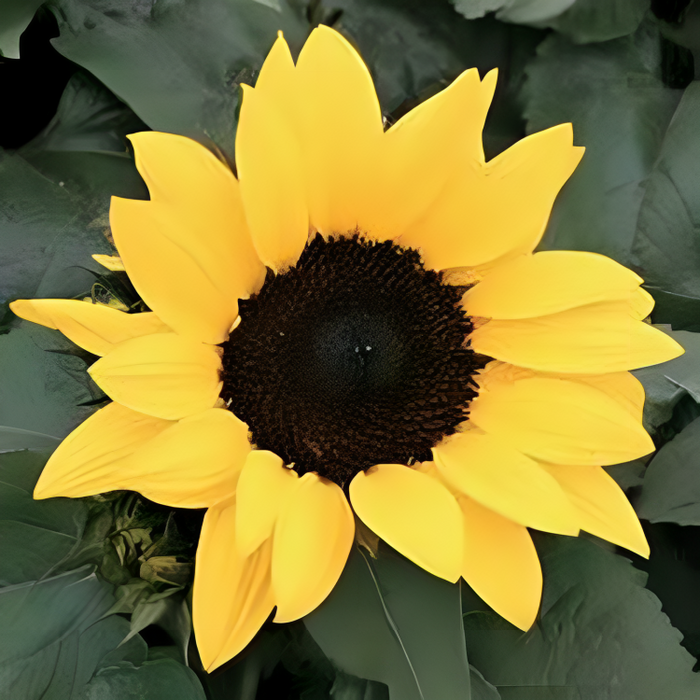
Dwarf Sunflower Seeds
Save 50%
Original price
$10.00
Original price
$10.00
-
Original price
$10.00
Original price
$10.00
Current price
$4.99
$4.99
-
$4.99
Current price
$4.99
Indulge in the joyous appeal of Dwarf Sunflowers, that promise to transform any garden into a vibrant haven using these Dwarf Sunflower Seeds. These charming seeds sprout into amusing yellow flowers, each adorned with a captivating brown centre. Their compact stature, reaching a modest height of 15-20 inches, makes them an addition to borders, containers, or any small garden space.
Specifications:
- Colour: 10" Yellow Flowers With Brown Centers
- Plant Seeds: Outdoors After Frost / Indoors Weeks Before Last Frost
- Plant Height: 15 - 20"
- Plant Spacing: 9 - 12"
- Bloom Time: Late Summer - Fall
- Hardiness Zone: N/a
- Light Requirements: Sun
- Soil & Water Preferences: Average
- Quantity: 30 Seeds




